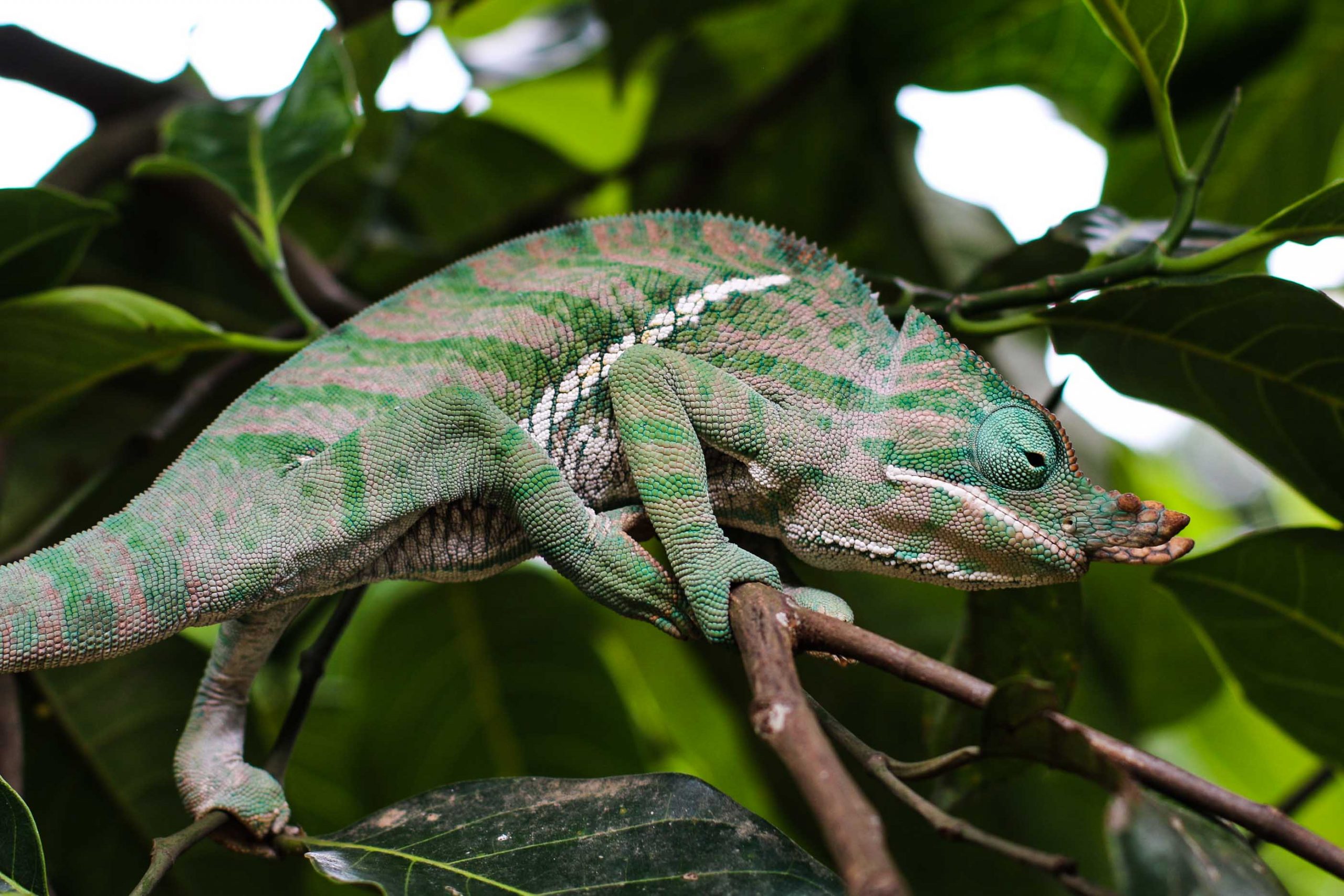
In the heart of the Indian Ocean, lies a hidden gem with the wonders of nature—Madagascar. While geographically considered part of the African region, this island nation is a biodiversity hotspot like no other, boasting an astonishing array of unique wildlife found nowhere else on Earth.
Madagascar’s claim to fame is its exceptional biodiversity, with over 90% of its wildlife species being endemic to the island. Among the most iconic inhabitants are the lemurs, a primate group found exclusively in Madagascar. These endearing creatures display an incredible diversity of species, ranging from the tiny mouse lemurs to the charismatic ring-tailed lemurs, captivating the hearts of visitors and scientists alike.
The island’s lush rainforests and diverse ecosystems are also home to an impressive variety of chameleons, showcasing a mesmerizing spectrum of colors and adaptations. Madagascar’s chameleon population includes the world’s smallest and largest species, making it a haven for reptile enthusiasts and researchers exploring the intricacies of adaptation.
Adding to the island’s allure, Madagascar is a paradise for birdwatchers, with numerous avian species gracing its skies and forests. Various bird species, many of which are endemic, fill the air with melodious tunes, making the island a true paradise for ornithophiles seeking unique sightings and experiences.
Conservation efforts play a crucial role in safeguarding Madagascar’s extraordinary biodiversity. Organizations and local communities are working hand in hand to protect these unique species from the threats posed by habitat loss, climate change, and human activities.
Despite its biological significance, Madagascar faces challenges, and the delicate balance of its ecosystems is under constant pressure. Sustainable tourism and responsible environmental practices are essential for preserving this natural wonder for future generations.
As we marvel at the wonders of Madagascar’s unique wildlife, let us also reflect on the importance of global conservation efforts. The island serves as a reminder of the delicate interplay between ecosystems and the need for collective action to preserve the world’s natural heritage. Madagascar stands not only as an island of biodiversity but also as a beacon calling for responsible stewardship of our planet’s treasures.
